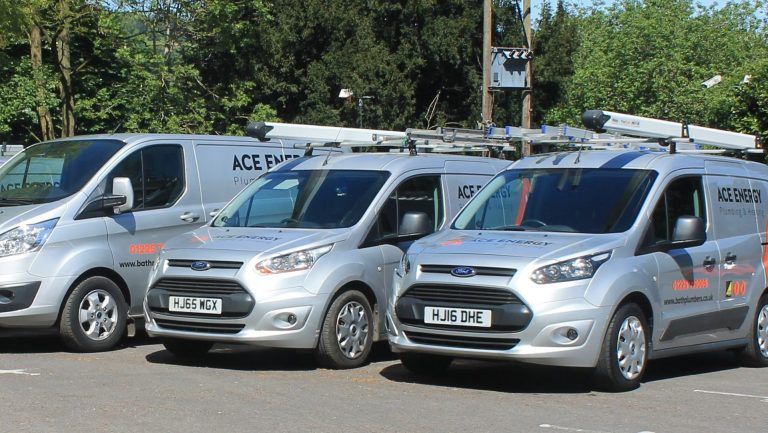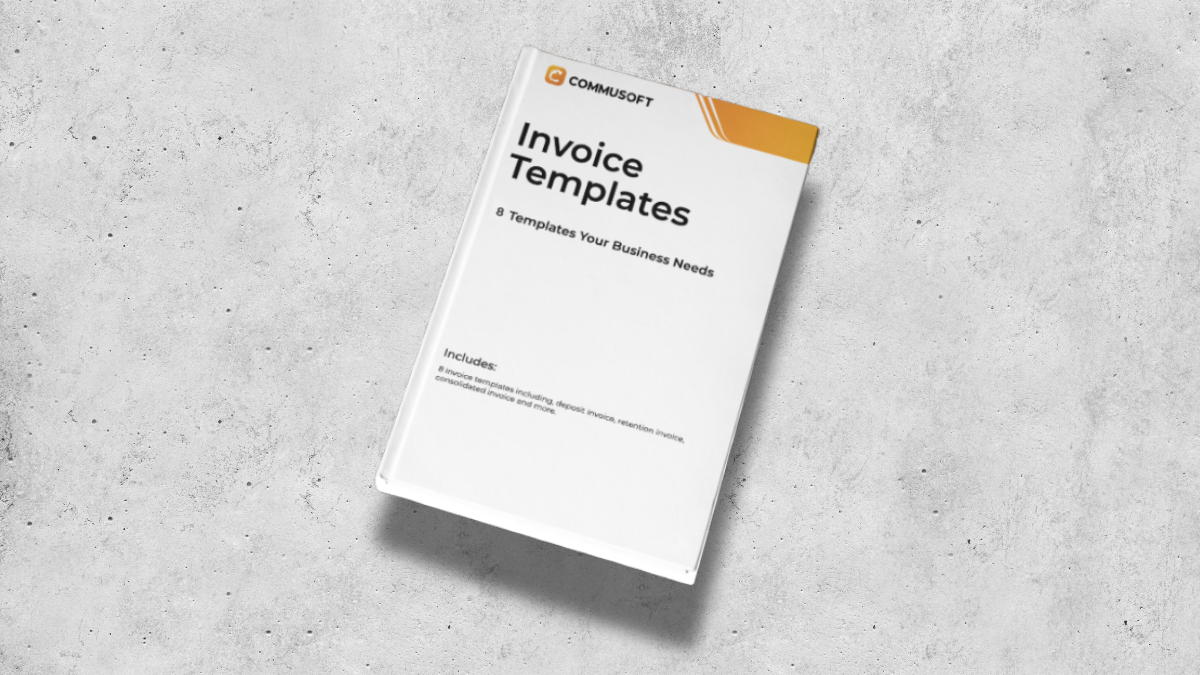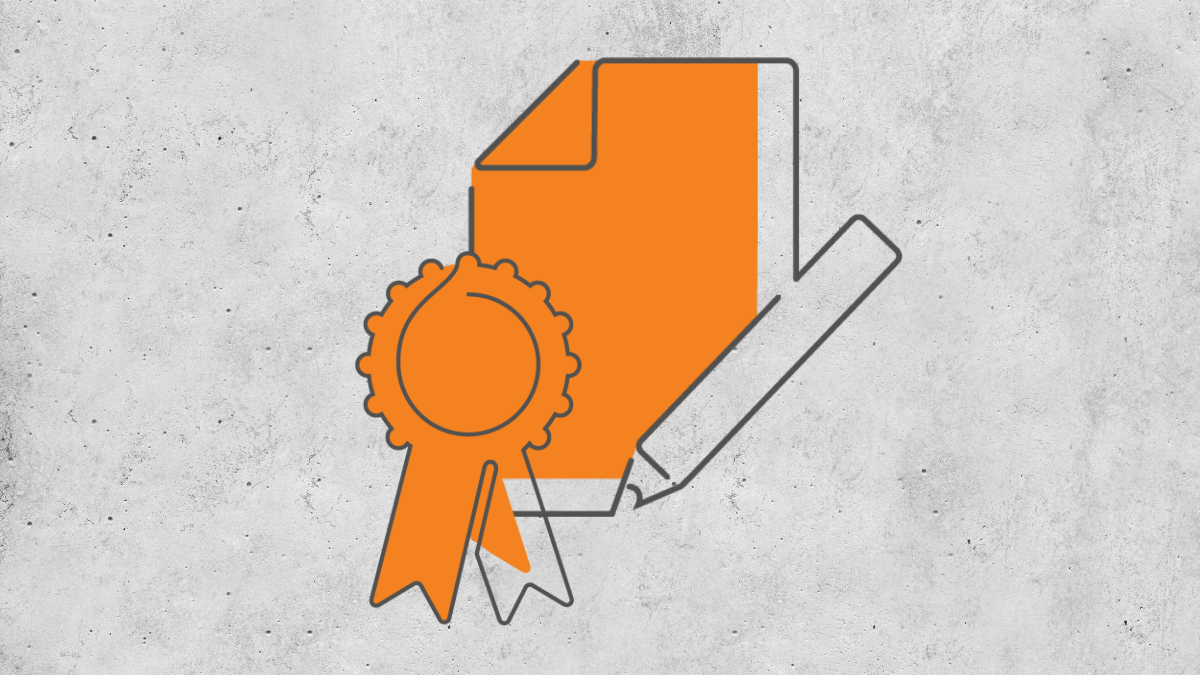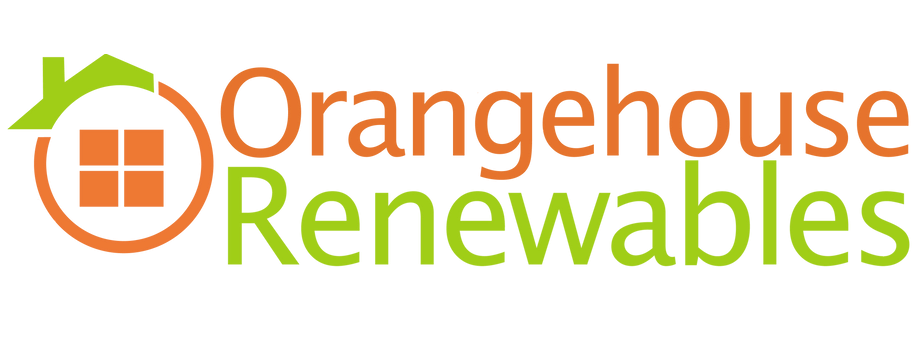Looking for the Best Tablet for Engineers?
May 10, 2023 | Read: 9 minutes

Tablets are a fantastic tool, giving you a large screen but the portability to easily carry around in the field.
But what’s the best tablet for your engineers? Our comprehensive hardware reviews will help you find out…
Tablets are a great tool that allow your team to work on the go, giving them an easy way to view certificates and other documents without missing any detail. They’re great if you hate small, fiddly devices!
We have a post recommending the best mobile phones for your team, now it’s time to take a look at the best tablet for field engineers.
Just as we did with our suggested mobile phones, we will be recommending a range of Android and iOS devices that fit specific criteria. For example, a tablet should:
There may be some significant hesitations when deciding whether your business should invest in tablets, these tend to be:
- How user-friendly are they?
- Are cheaper tablets fine?
- Will your engineers know how to use them?
- Is a rugged or normal tablet best for field engineers?
These are genuine concerns.
While these concerns may be accurate, our tips below should help you pick the best tablet for your field service engineers. Or skip to our recommendations.
Introduction to Field Service Tablets
Field service tablets are designed to provide field service engineers with a mobile and versatile tool to enhance their productivity and efficiency.
Much like mobile phones, tablets will often be the same sort of device you could purchase for personal use. However, compared to phones, tablets offer a range of features and benefits that cater to the specific needs of field service engineers, including greater durability and ease of use.
Tablets have become an essential tool for engineers to access and manage information, communicate with teams, and perform tasks on-site, all with the convenience of a larger, portable screen.
Whether you’re looking for an Android tablet, a Windows tablet, or an iPad, there are various options available to suit your needs.
How user-friendly are they?
A lot of technology these days has gotten smaller, and while convenient in some ways, it can lead to frustrating user experiences. Buttons on apps can be too small, making it all too easy to miss-click and make mistakes.
Understandably, that’s not going to be an experience that your engineers will enjoy.
While they might be used to fiddly repairs and awkward installations, when it comes to admin, the easier a digital device is to use, the better!
That means a larger tablet can be a good shout. It’ll make it easier for them to use and reduce their frustrations when they can’t tap on tiny buttons.
A larger tablet can also enhance their experience when watching videos during breaks or downtime.
Are cheaper tablets fine?
It’s understandable that you may want to keep the cost of new devices down, but it’s important you don’t cheap out. You may regret it.
With cheap devices, engineers may get frustrated as they tend to run slower and can be prone to crashes or freeze. This is because they’re made with cheaper parts and built to a lower spec. While there are great budget options, be cautious of the limitations of the base model configurations, which may have insufficient storage or RAM.
You don’t want engineers to give up, make excuses, and work inefficiently. Simply put, cheap devices also won’t last and as technology moves at an incredible pace, you can spend a little more to get much more life out of your machines.
While there are great budget options and even hybrid devices that buck the trend, you should still be wary. It’s also useful to keep personal preferences, where possible, in mind. Don’t force an engineer who prefers Android to have to use an iPad, and vice versa.
If you buy old models or cheap devices now, they’ll soon age and you may find that you’re replacing them more regularly than if you bought good quality devices.
Will your engineers know how to use them?
Productive engineers are ones that know what they’re doing.
You can only blame yourself when an engineer doesn’t enter information correctly or spends 20 minutes sending an email because he/she lacks confidence in using the equipment you provided them. It’s critical that you understand that you can’t expect people just to use or understand technology.
That means having a conversation and helping them get to grips with the tools and tech they’re using.
Besides, you wouldn’t give an employee a new gas analyser without any basic training, so why would you allow them a phone or tablet without at least first giving them training?
However, tablets have also been around for quite some time now, so it’s unlikely that this will be the first time your engineers have had to deal with one!
Is a rugged or normal tablet best for field service engineers?
Overall, prices of high-performing tablets have dropped significantly in the last couple of years, giving you more choices on a budget, without compromising on the specifications!
Newer tables often feature improved specifications and build quality compared to previous models, meaning they’re more reliable for field service engineers.
If you are worried about tablets breaking, then you are also able to purchase ‘rugged’ tablets, which have the added benefit of being more durable.
Whilst being more durable, it sometimes can come at a cost to the specifications or make them more expensive. You can however opt for your own safety precautions and buy rugged cases, such as the Defender series by Otterbox for iOS products.
So really the choice is down to you, whichever you prefer for a rugged or normal device!
Key Features for Field Service Engineers
When selecting a field service tablet, there are several key features to consider. These include a durable design, long battery life, and a user-friendly interface.
A good field service tablet should also have a suitable screen size, stylus support, and sufficient storage capacity. Additionally, features like USB-A ports, USB-C ports, and detachable keyboards can enhance the overall user experience.
For engineers who require more processing power, options like the iPad Pro or the Samsung Galaxy Tab may be suitable. It’s also essential to consider the operating system, with options like Android, Windows, or iOS, and ensure that it integrates seamlessly with existing systems.
Recommended tablet devices:
Below are just some of the devices on the market that fit our specifications, and would make for a great tablet to help your day-to-day operations run smoothly!
The SurfacePro or Apple iPad are known for excellent performance and versatility. But let’s explore a variety of recommendations for the best tablet for field engineers, from both Android and iOS devices:
Android:
Just like Android phones, it’s important for the device to have a higher RAM capacity—3GB is great, 4GB is fantastic—as this is a really important indicator of how the tablet will handle the software.
Samsung Galaxy Tab A8
Price: £169.99- Amazon
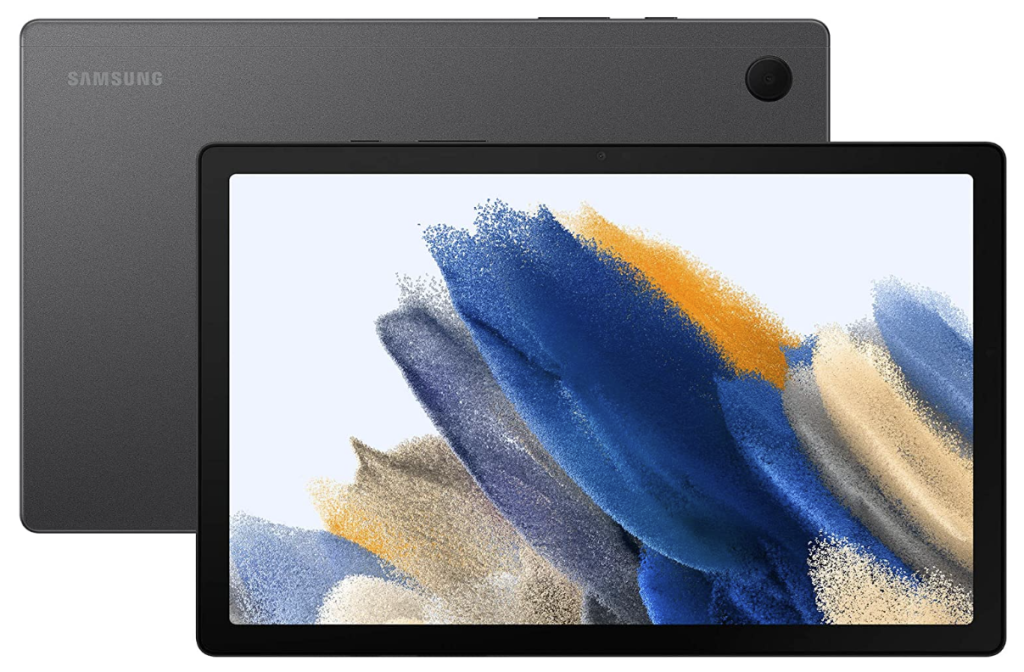
- OS: Android 13
- Screen size: 10.5 inches
- Resolution: 1920 x 1200
- Storage: 32GB
- RAM: 3GB
- CPU: Octa-Core CPU
- Battery: 7040mAh
- Camera: 8MP Rear camera | 5 MP Front camera
- Weight: 508g
- Dimensions: 246.8 x 161.9 x 6.9 mm
Pros: Decent specs for the price | Fast charging | Great battery
Cons: On the lower side for RAM
Lenovo Tab P11 Gen 2
Price: £289 – Amazon
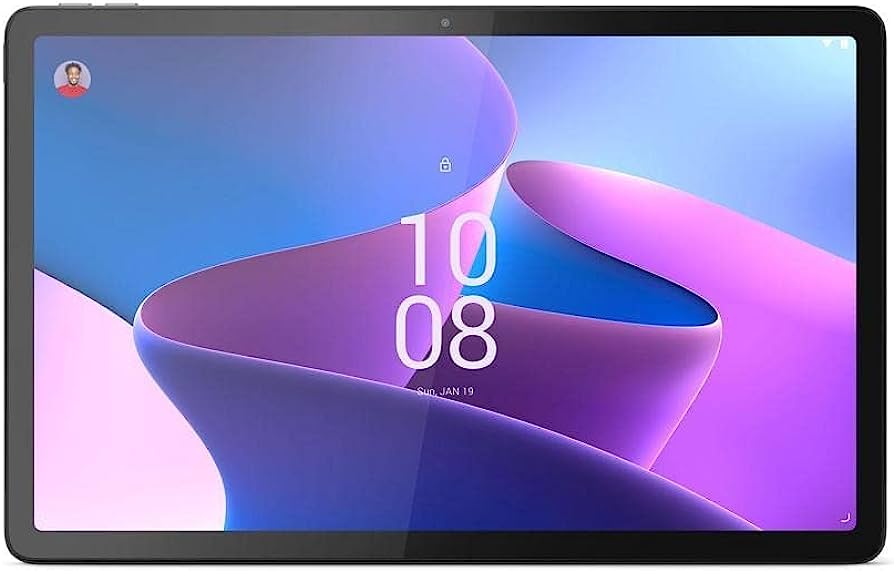
- OS: Android 12L
- Screen size: 11.5 inches
- Resolution: 1200×2000
- Storage: 64 GB
- RAM: 4 GB
- CPU: MediaTek Helio G99 Processor – Octa-core
- Battery: 7700mAh
- Camera: 13MP Rear Camera | 8MP Front Camera
- Weight: 520g
- Dimensions: 269.1 x 169.4 x 7.4 mm
Pros: Good performance | Great battery life | Great RAM
Cons: None to note
Galaxy Tab Active4 Pro
Price: From £589 – Amazon
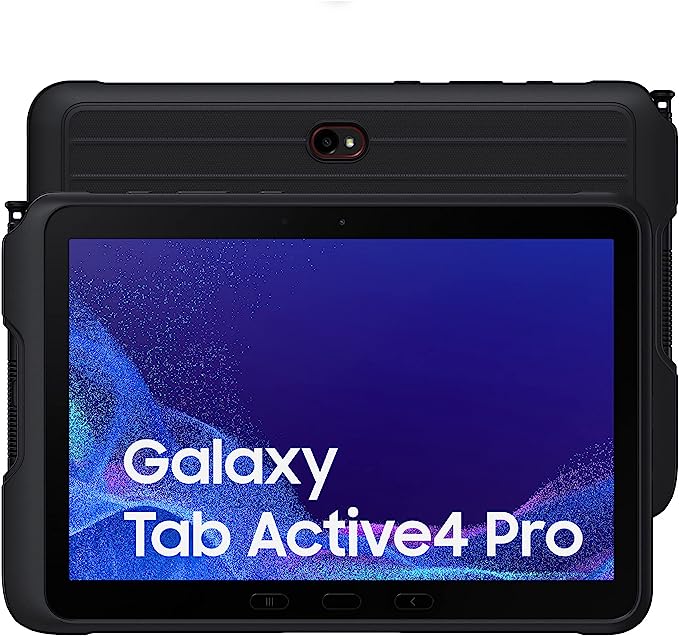
- OS: Android 12
- Screen size: 10.1 inches
- Resolution: 1920 x 1200
- Storage: From 64GB
- RAM: From 4GB
- CPU: Snapdragon 778G 5G Octa-core
- Battery: 7600 mAh
- Camera: 13MP Rear camera | 8 MP Front camera
- Weight: 674g
- Dimensions: 242.9 x 170.2 x 10.2 mm
Pros: Comes with a stylus (Great for signatures!) | Great performance | Rugged device | Good battery
Cons: More expensive than the ‘normal’ devices
iPads:
Apple has been leading the way in tablet design since they released the first iPad. However, whilst they may be king, they certainly aren’t the cheapest devices on the market.
We recommend any iPads currently sold by Apple for reliable performance and powerful processing.
However, they must be able to run iOS 14 at a minimum.
iPad (9th Generation)
Price: From £369 – Apple
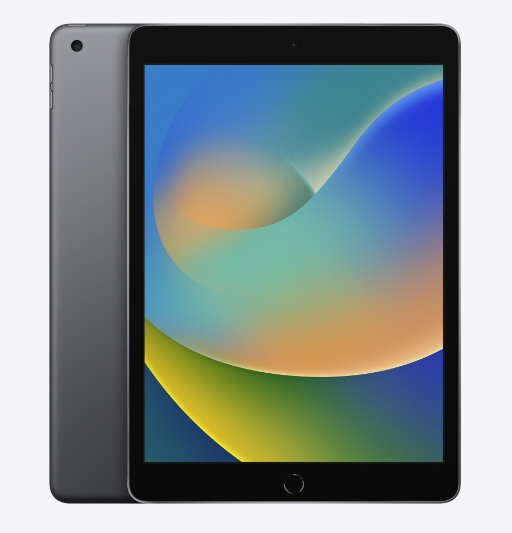
- OS: iOS 15.7
- Screen size: 10.2”
- Resolution: 1620 x 2160 pixels
- Storage: From 64GB
- RAM: 3GB
- CPU: A13 Bionic
- Battery: 8557mAh
- Camera: 8MP Rear Camera | 12MP Front Camera
- Weight: 487g
- Dimensions: 250.6 x 174.1 x 7.5 mm
Pros: Great performance | Large display | Great battery | Not a bad price
Cons: Pricey
iPad (10th Generation)
Price: From £499 – Apple
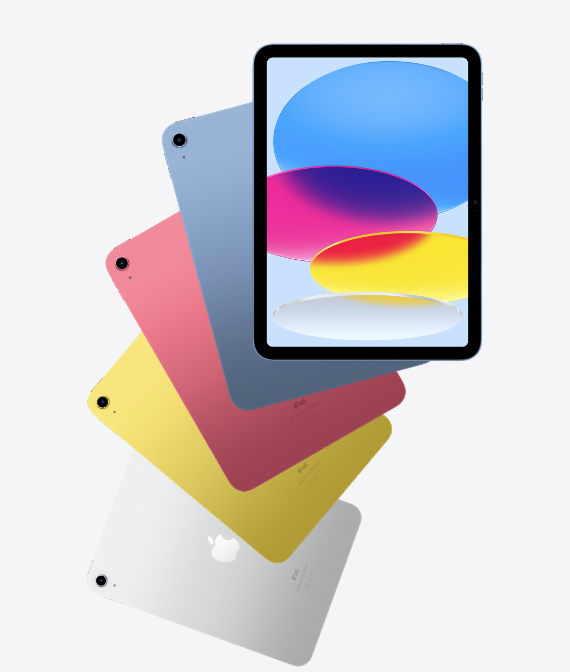
- OS: iOS 16.5
- Screen size: 10.9”
- Resolution: 1640 x 2360 pixels
- Storage: From 64GB
- RAM: 4GB
- CPU: A14 Bionic
- Battery: 7606mAh
- Camera: 12MP Rear Camera | 12MP Front Camera
- Weight: 477g
- Dimensions: 248.6 x 179.5 x 7 mm
Pros: Great performance | Large display | Most recent standard iPad on the market
Cons: Can be quite expensive for a whole team | Smaller battery than the previous model
Don’t have the budget for a tablet?
Finding the best tablet for field engineers might seem tricky, but with a device that gives your team access to a complete knowledge base at their fingertips, it’s a tool that’s well worth investing in!
However, keep in mind that the bring your own device to work (BYOD) trend has taken the business world by storm and gives your workforce the ability to access mobile devices for a smaller (or even zero) upfront cost.
It also allows you to remove the risk associated with a mobile strategy, as you don’t have any costs – so you can afford to experiment with the idea before committing to buying devices.
If you do want to roll out devices, but don’t have the budget, try offering incentives for engineers to use their own phones and tablets, like money towards their mobile contracts—it’s a win-win—engineers get subsidised phone contracts and you get a mobile, digital workforce.
Already using our software?
If you are using our job management software or simply want more recommendations for field service engineers, why not book a call with our team and discover more about how to get the most out of Commusoft?

